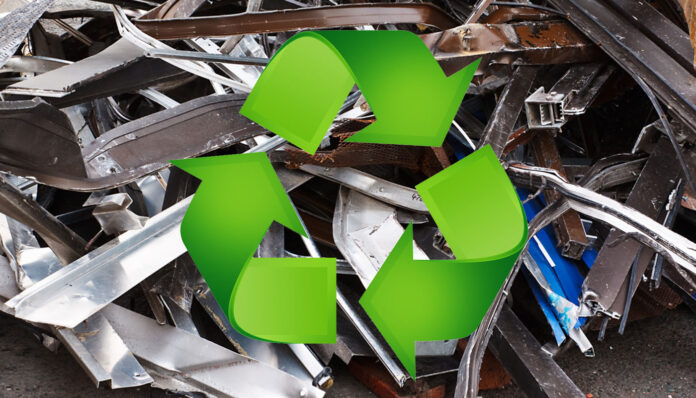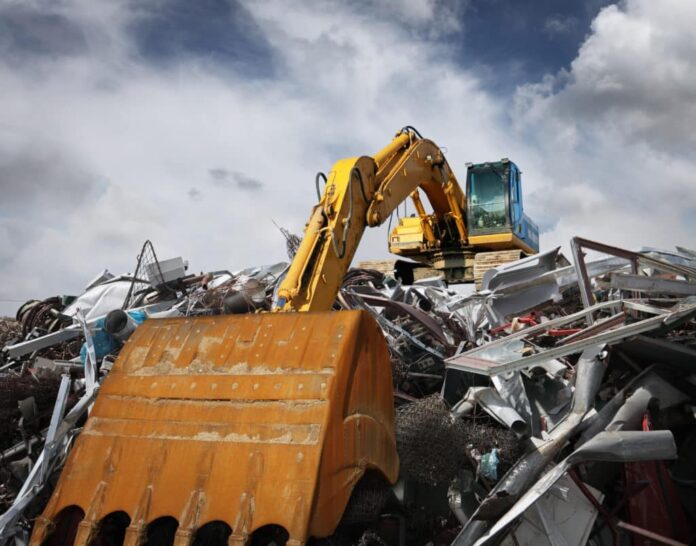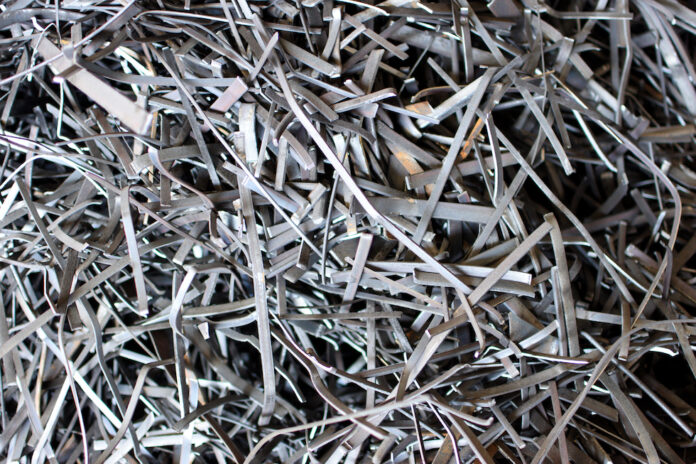In our modern world, the echo of environmental awareness grows louder by the day. Among the various strategies to preserve our planet, scrap metal recycling stands out as a critical, yet often overlooked, champion of environmental conservation. This process not only conserves natural resources but also reduces greenhouse gas emissions and saves energy.
This blog post explores the pivotal role scrap metal recycling plays in our journey towards a sustainable future. To get even more detailed information, check out Scrap Metal Recycling Bristol.
The Basics of Scrap Metal Recycling

Scrap metal recycling involves the collection, processing, and reuse of metallic material from various sources. Common sources include end-of-life vehicles, construction debris, old appliances, and industrial waste. Metals such as iron, aluminum, copper, and steel can be continuously recycled without degradation of their properties, making them valuable materials for a circular economy.
This process not only prevents useful materials from becoming waste but also reduces the environmental footprint associated with producing new metals. Facilities specializing in metal recycling equip themselves with advanced technologies to efficiently separate and prepare metals for new production cycles, thereby optimizing the recovery process and minimizing waste.
Why Is It So Important?
1. Conserving Natural Resources

Mining is the traditional method of obtaining metals, but it significantly drains our planet’s finite resources. Recycling scrap metal reduces the demand for virgin ore, which in turn decreases the impact of mining activities on the environment.
For instance, recycling one ton of steel conserves 2,500 pounds of iron ore, 1,400 pounds of coal, and 120 pounds of limestone. This conservation is essential for sustainable development.
Moreover, the reduced need for mining helps preserve habitats and reduces soil and water pollution, creating a healthier environment for local wildlife and communities. Additionally, the recycled metal industry reduces reliance on unstable geopolitical regions, often associated with the mining of new ores, enhancing economic security.
2. Reducing Greenhouse Gas Emissions
The production of metals from virgin ore involves high energy requirements and emits a substantial amount of greenhouse gases. However, recycling metals requires considerably less energy. For example, producing aluminum from recycled materials uses 95% less energy than manufacturing it from bauxite ore.
This significant reduction in energy consumption directly correlates to lower carbon emissions, helping combat climate change. Lower emissions from recycling operations contribute directly to cleaner air quality and reduce the global carbon footprint. Furthermore, advanced processes and technologies continue to improve efficiency and reduce environmental impact, supporting global efforts toward climate change mitigation.
3. Energy Savings

Energy conservation is another crucial benefit of scrap metal recycling. Recycling metals not only saves energy but also supports the efficiency of the energy market. By reducing the strain on power grids and decreasing the need for energy production from fossil fuels, recycling helps in maintaining a cleaner energy profile.
This contributes significantly to national energy independence and stability. These operations often utilize less energy-intensive machinery, further enhancing energy conservation. The strategic placement of recycling facilities can also reduce transportation needs, saving additional energy and reducing emissions associated with logistics.
4. Economic Benefits
Scrap metal recycling is not just beneficial for the environment; it also boosts the economy. The industry creates jobs in collecting, processing, and transporting scrap metal. Moreover, it supports industries that rely on recycled metals, reducing production costs and encouraging economic growth within local communities.
These jobs are often sustainable and cannot be outsourced, which provides local economies with stable employment opportunities. The export of processed scrap metals can also be a significant source of trade income for many countries. Investment in technology further stimulates technological advancements and industrial growth.
5. Waste Reduction

Recycling helps in managing waste more effectively. By converting scrap metal into useful materials, we significantly reduce the volume of waste sent to landfills. This reduction in landfill use not only conserves land but also minimizes the environmental hazards associated with waste disposal.
Efficient practices reduce the presence of hazardous materials in landfills, which can leach into soil and groundwater. Moreover, the reduction in landfill space demand encourages more sustainable waste management practices overall. Community programs and initiatives continue to evolve, promoting environmental awareness and participation among citizens.
6. Pollution Control
Recycling scrap metal helps in controlling pollution by reducing the need to collect, transport, and process raw materials. It minimizes the dust and pollutants that are a byproduct of mining and reduces the water pollution associated with different stages of metal extraction and processing.
Cleaner technologies are continually being developed, which further minimizes environmental impact. These advancements help in achieving compliance with increasingly stringent environmental regulations. Additionally, less dependency on raw material extraction means fewer emissions from heavy machinery and equipment, contributing to cleaner air.
Potential Challenges
Despite its benefits, scrap metal recycling faces several challenges. These include the collection and sorting of metals, contamination of scrap materials, and the fluctuating market for recycled metals.
Addressing these challenges requires innovation, supportive policies, and increased public awareness and participation. Enhanced sorting technologies and improved regulatory frameworks can help streamline recycling processes and boost market efficiency. Collaboration between governments, industries, and consumers is essential to overcoming these obstacles and maximizing the benefits of metal recycling.
Furthermore, public education campaigns can play a pivotal role in increasing recycling rates and reducing contamination by informing consumers about proper practices.
Enhancing Global Collaboration for Efficient Metal Recycling

Countries can benefit greatly from sharing best practices, technological advancements, and policy frameworks aimed at optimizing the recycling chain. International agreements can standardize these procedures, reducing inconsistencies and promoting fair trade practices in the scrap metal market.
Such cooperation not only fosters technological innovation but also helps in harmonizing environmental standards, thus preventing the dumping of waste in countries with lax regulations.
Act Now for a Greener Tomorrow
The benefits of scrap metal recycling highlight its indispensable role in environmental conservation. By choosing to recycle, we not only contribute to a healthier planet but also embrace a sustainable model that future generations will benefit from.
As individuals and communities, our collective actions in recycling can lead to substantial environmental and economic benefits. Let’s prioritize scrap metal recycling to ensure a greener, more sustainable future.







